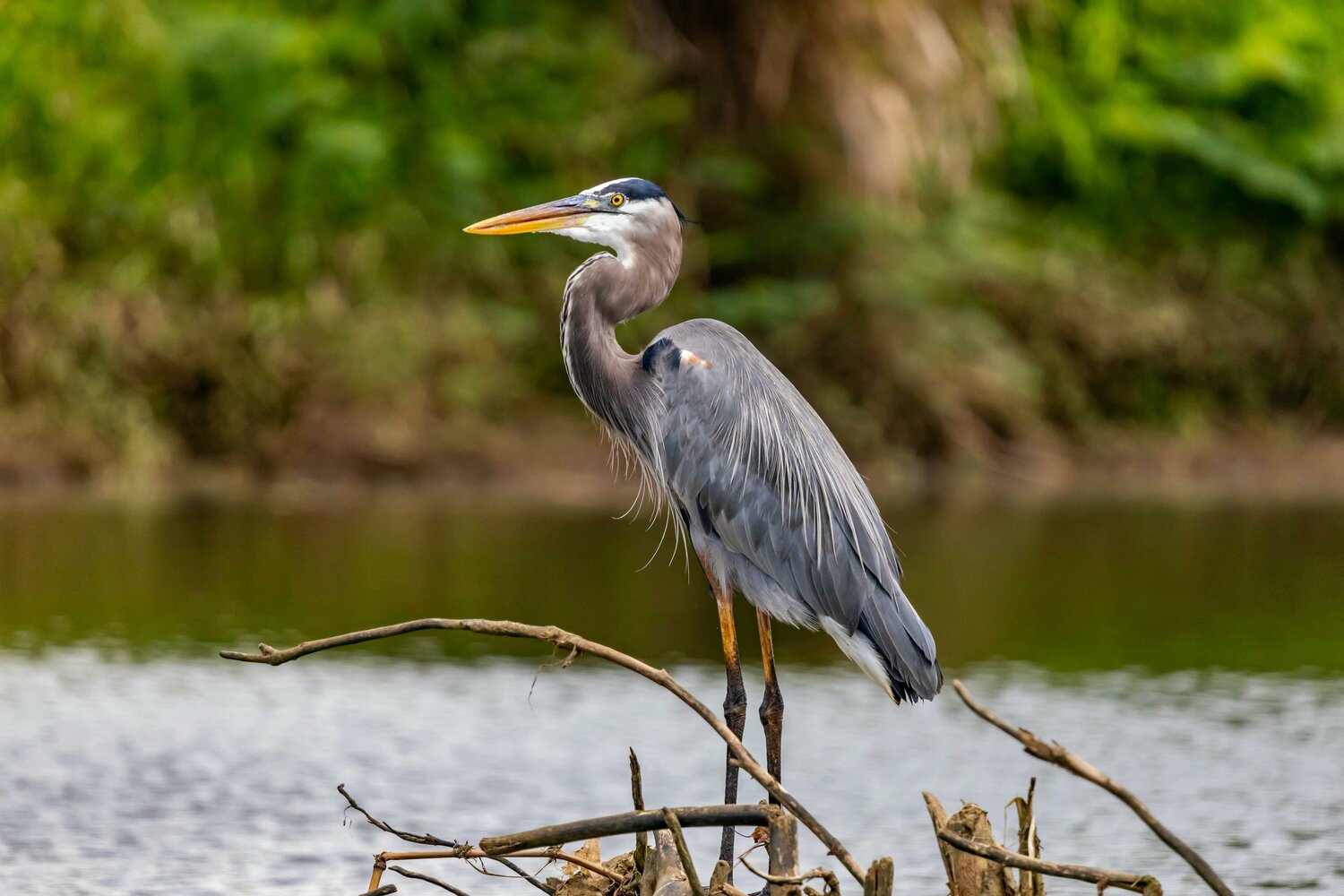At a press conference in Naples on Tuesday, Governor Ron DeSantis signed a piece of legislation to increase research toward Florida’s red tide crisis. The move came alongside a promise to spend $1.5 billion in environmental restoration in the Everglades, plus a $100 million commitment to support Florida’s Wildlife Corridor. “I am proud of our investments in land conservation to conserve and connect Florida’s natural landscapes, preserve working lands, and provide for the safe passage of Florida’s endangered species,” DeSantis said. “I am also happy to sign legislation continuing research efforts to mitigate the impacts of red tide and preserve our coastal communities and working waterfronts.” Red Tide Mitigation The legislation passed in Florida to address red tide was HB 1565, a bill filed in January by House Majority Leader Michael Grant (R – Charlotte County). It removes a sunset provision in order to extend cooperative efforts between the Department of Environmental Protection (DEP), Fish & Wildlife Commission (FWC), and Mote Marine Laboratory in developing technology that curtails the effects of red tide on Florida’s ecosystems. The bill was passed unanimously in both chambers of the state legislature. Red tide is the common name for harmful algal blooms in coastal areas which sometimes affect the coloration of the water. The blooms reduce the amount of oxygen in the water and as it congregates at the surface can also block sunlight from the organisms beneath. This has been linked to widespread death of shallow-water plant life, and thus the starvation of the animals that feed on them. Furthermore, when the algal populations die they drain more oxygen creating hypoxic zones which are uninhabitable for most marine life, and may release harmful methane into the atmosphere. Florida Wildlife Corridor Also covered by DeSantis was an investment of $100 million in the Florida Wildlife Corridor, a network of ecosystems established in 2021 to protect the areas’ wildlife and natural habitats from harmful development and pollution. The funds come from an appropriation signed by DeSantis earlier this month via SB 1638. The legislation established that either $100 million or 26.042%, whichever is less, out of the revenue from Florida’s Seminole Gaming Compact would be put toward initiatives for the Corridor. Alongside this appropriation came a direction from DeSantis to the Florida Department of Transportation (FDOT) to work to increase the number of wildlife crossings on Florida’s state roads, especially where the Florida Wildlife Corridor is concerned. These crossings can help cut down on fatal traffic collisions with endangered species such as the Florida panther. Data from FWC shows collisions are one of the leading causes of panther deaths. “It’s important to make steady gains towards protecting and conserving irreplaceable natural resources – not just for today, but forever,” said DEP Secretary Shawn Hamilton. “Florida has a long history as a national leader in conservation, which is vital to environmental protection and economic growth, and our pace has only accelerated thanks to the Governor’s bold vision and the continued support of the legislature.” Everglades Restoration On Monday, DeSantis announced in a press conference at the Cox Science Center and Aquarium in West Palm Beach that he plans on spending $1.5 billion on habitat restoration and water quality improvement in the Everglades. The investment would be the most expensive Everglades initiative ever seen, and would be part of a four-year, $3.5 billion project announced in 2023. Some of the projects that would be funded include improvements to water treatment plants whose outputs enter Everglades ecosystems, prevention of contamination to key waterways, and preservation of natural habitats. The area is still recovering from efforts in the 1800’s and early 1900’s to drain the wetlands for development, spearheaded by Governor Napoleon Bonaparte Broward and supported by railroad tycoon Henry Flagler. “I am proud to continue making these investments in Everglades restoration and water quality that will benefit our state for decades to come,” DeSantis continued. “I made a promise to Floridians that we would leave this state better to God than we found it, and we are doing that for our future and our children’s future.”
Governor DeSantis Backs 3 Environmental Initiatives













